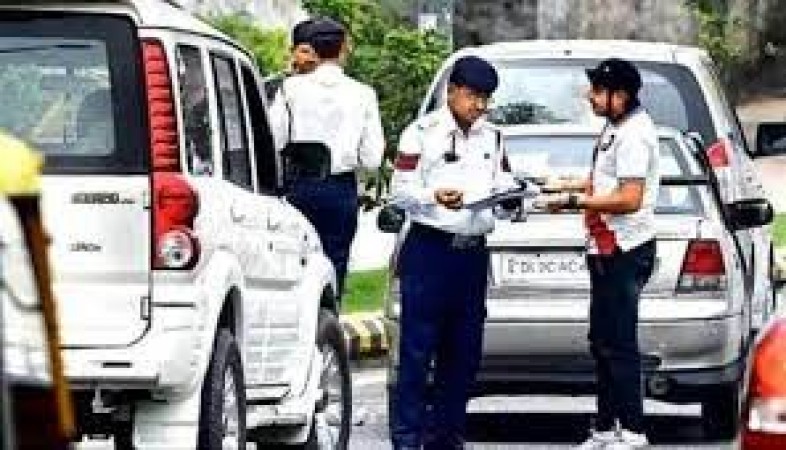
In an era marked by digital transformations, the traditional hassles of dealing with traffic challans are undergoing a remarkable shift. With the advent of virtual traffic courts, individuals can now settle their cases from the comfort of their homes. This revolutionary approach not only simplifies the process but also saves time and resources for all parties involved.
Gone are the days of tedious court visits and long waiting hours. Virtual traffic courts leverage technology to bring the legal process to your fingertips. This paradigm shift aims to make the resolution of traffic challans more efficient and accessible.
With virtual traffic courts, the cumbersome nature of handling traffic violations is replaced by a streamlined and user-friendly online platform. Users can participate in court proceedings, submit evidence, and present their case without leaving their homes.
Virtual traffic courts mimic the traditional courtroom setting but in a digital landscape. Participants can interact with judges, present their arguments, and receive real-time decisions. This digital approach not only accelerates the legal process but also reduces the backlog of cases.
Understanding the mechanics of virtual traffic courts is essential for those navigating the system for the first time.
Initiating the process begins with the online submission of your traffic challan details. This sets the stage for virtual proceedings and ensures that your case is appropriately documented.
Once the case is submitted, a virtual hearing date is scheduled. Participants receive notification along with instructions on how to join the virtual courtroom.
On the scheduled date, participants log in to the virtual courtroom. Here, they interact with the judge, present their case, and respond to any queries—all through the convenience of their computer or mobile device.
The judge reviews the presented information and delivers a real-time decision. This expedites the resolution process and provides clarity on the outcome of the case.
The shift towards virtual traffic courts brings forth a myriad of advantages, transforming the way legal matters related to traffic violations are handled.
Virtual proceedings eliminate the need for physical travel, reducing the time spent on court visits. Participants can engage in the legal process without disrupting their daily routines.
The financial burden associated with commuting to court is significantly reduced. Virtual traffic courts contribute to cost savings for both individuals and the judicial system.
Virtual traffic courts enhance accessibility, allowing individuals from diverse locations to participate without geographical constraints. This inclusivity ensures a more widespread and fair legal process.
The digitalization of traffic challan resolutions minimizes the administrative workload on the legal system. This, in turn, accelerates the overall pace of case resolutions.
While the transition to virtual traffic courts brings numerous benefits, challenges must be addressed to ensure a seamless experience.
Ensuring that individuals are comfortable with the technology required for virtual proceedings is crucial. Educational initiatives can bridge the gap and empower users to navigate the digital courtroom.
Implementing robust security measures is paramount to protect the integrity of virtual court proceedings. Encryption and secure platforms are essential components in safeguarding the legal process.
As virtual traffic courts become increasingly prevalent, the future holds promising developments in legal technology. Continuous innovations aim to refine the virtual courtroom experience, making it even more accessible and efficient. In conclusion, the evolution from traditional court visits to virtual traffic courts marks a significant milestone in legal proceedings. Embracing this digital shift not only simplifies the resolution of traffic challans but also sets the stage for a more accessible and efficient legal system.
Govt Shuts Down Over 100 Websites Involved in Illegal Investments and Job Scams
Lalduhoma Set to Take Oath as Mizoram CM on Dec 8
President Murmu, PM Modi honor BR Ambedkar on his death anniversary